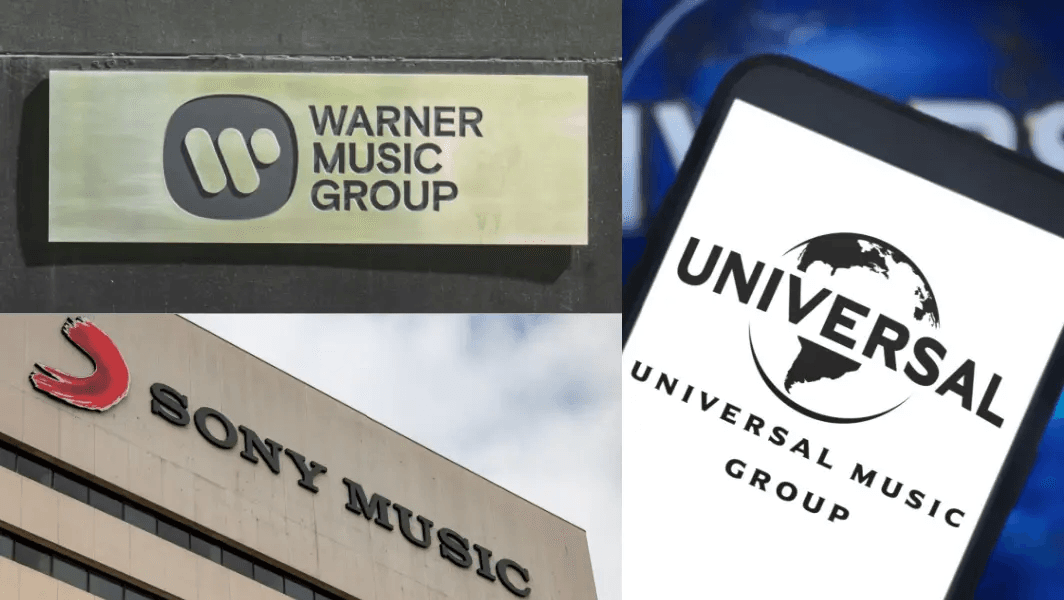
Sony Music, Universal Music Group, and Warner Records Sue AI Startups Suno and Udio for Copyright Infringement
Lawsuit Marks Major Legal Battle Over AI-Generated Music and Copyright Protection
In a landmark case testing the boundaries of artificial intelligence in the music industry, major record labels Sony Music, Universal Music Group, and Warner Records have filed lawsuits against AI startups Suno and Udio. The legal action alleges that these companies unlawfully used copyrighted songs to train their AI models, sparking a high-stakes battle over intellectual property rights in the age of AI-generated content.
The Allegations: Unauthorized Use of Copyrighted Music
According to the lawsuit, Suno and Udio have allegedly scraped vast amounts of copyrighted music without permission to train their AI models, which generate songs mimicking human-composed music. The record labels argue that this practice constitutes copyright infringement, as it involves using protected works without obtaining licenses or compensating the original artists.
The plaintiffs claim that the AI-generated outputs from Suno and Udio closely resemble existing copyrighted music, raising concerns about potential revenue loss for artists, songwriters, and music rights holders. Additionally, the lawsuit argues that the AI startups’ models undermine the value of human creativity by enabling mass production of AI-generated songs that imitate popular music styles and compositions.
Legal Implications: A Defining Case for AI and Copyright Law
This lawsuit is one of the most significant legal challenges to AI-generated music to date and could set a major precedent for how intellectual property laws apply to artificial intelligence. If the court rules in favor of the record labels, it could lead to stricter regulations on how AI companies source data for training their models.
Legal experts believe the case will test key questions such as:
-
Does training AI on copyrighted music constitute fair use or copyright infringement?
-
Should AI-generated music be subject to the same licensing requirements as human-created works?
-
How can copyright holders protect their works from being used without permission in AI training datasets?
The lawsuit also highlights broader concerns across creative industries, as AI-generated art, literature, and videos have similarly raised copyright disputes.
AI Startups Defend Their Technology
Both Suno and Udio have pushed back against the claims, arguing that their AI models do not simply copy existing music but rather generate new compositions based on learned patterns. Some AI proponents claim that training models on existing data is similar to how human musicians learn by listening to past works.
Suno and Udio have yet to issue a detailed legal response, but their defense is expected to hinge on whether their AI-generated music constitutes transformative use or is deemed an unauthorized reproduction of copyrighted material.
The outcome of this case could have far-reaching consequences for AI companies developing generative models across different industries, not just music.
Music Industry’s Fight Against AI-Generated Music
The lawsuit is part of a broader effort by the music industry to protect its intellectual property against the rise of AI-generated music. Over the past year, record labels have been lobbying for stronger legal protections against unauthorized use of copyrighted material in AI training.
Universal Music Group, Sony Music, and Warner Records have all voiced concerns about AI’s impact on the music business, particularly regarding the potential dilution of human-created music’s value.
Some artists and songwriters have also expressed fears that AI-generated music could reduce opportunities for human musicians while allowing tech companies to profit from their creative work without fair compensation.
What’s Next? The Future of AI in Music Creation
As the case progresses, the music and tech industries will be watching closely to see how courts interpret copyright laws in the context of AI-generated content. A ruling against Suno and Udio could force AI startups to license music for training purposes or develop new AI models that do not rely on copyrighted material.
Conversely, a ruling in favor of the AI companies could reshape the music industry’s approach to copyright protection, potentially opening the door for broader use of AI in content creation.
This lawsuit could ultimately define how artificial intelligence and copyright law coexist in the evolving landscape of music production, determining whether AI-generated music will be an industry disruptor or a legally restricted technology.
For any enquiries or information, contact info@thelawreporters.com or call us on +971 52 644 3004. Follow The Law Reporters on WhatsApp Channels